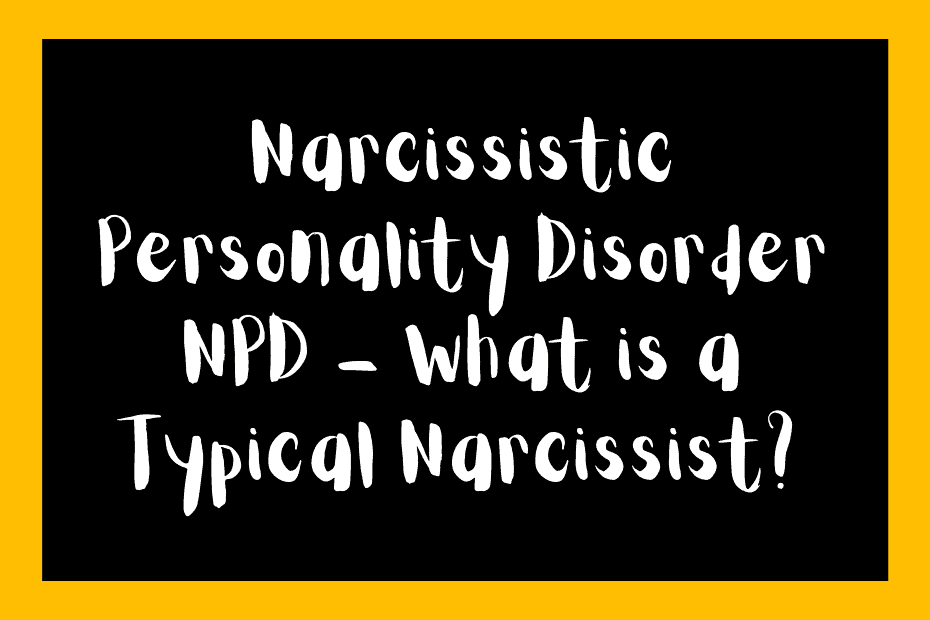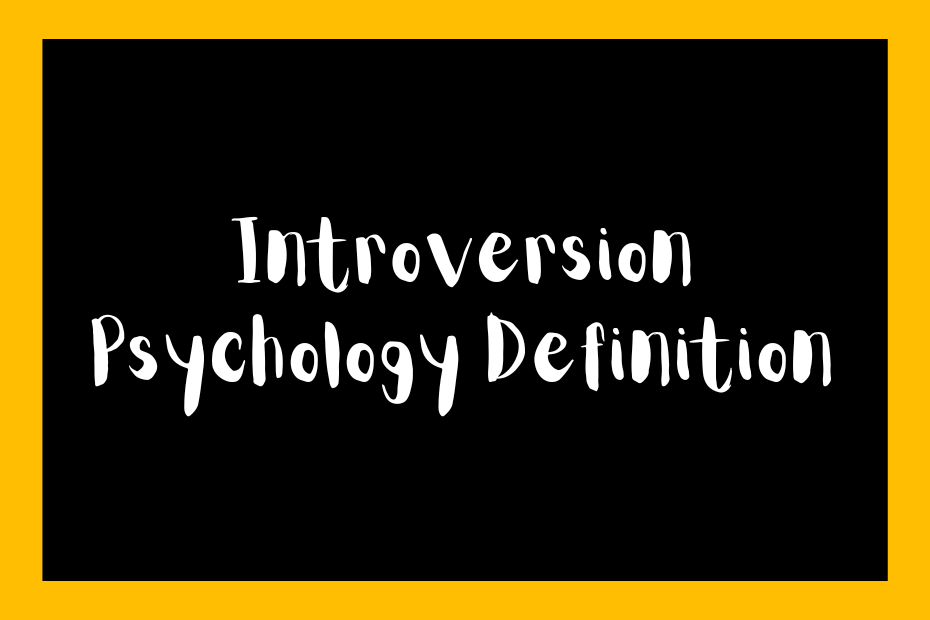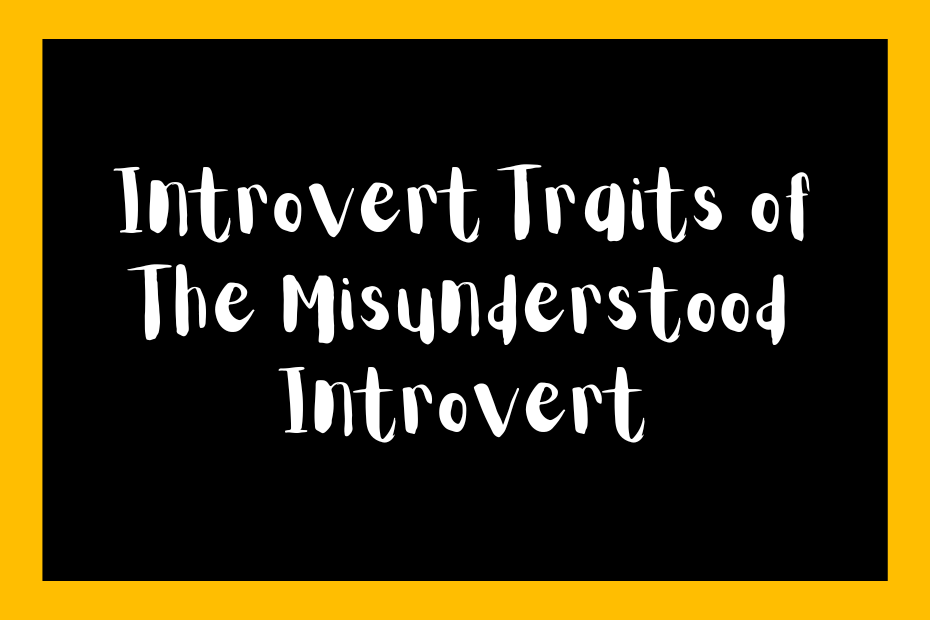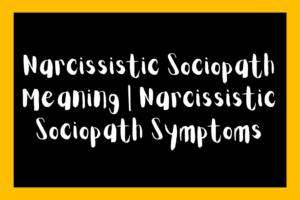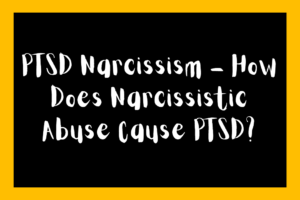Narcissistic Personality Disorder NPD
Narcissistic Personality Disorder (NPD) is one of ten personality disorders. They’re characterized by fragile self-esteem, need for admiration, self-centeredness and low empathy.
It is estimated that between 0.5% and 5% of the U.S. population may have this mental health condition. “Narcissism is a disorder in which individuals have difficulty maintaining stable and realistic self-esteem.” explains Mark Ettensohn, a psychotherapist who practices in California and New York.
“Individuals with more chronic narcissism typically have hard time recognizing that other people have feelings, and often prioritize their own needs over the needs, rights and feelings of others,” he says.
In short, narcissism is an extreme self-involvement. To clarify, It makes a person ignore the needs of people around them. Similarly, everyone may show occasional narcissistic behavior. On the other hand, true narcissists frequently disregard others and their feelings.
However, narcissists are not all the same. There are different types of narcissists.
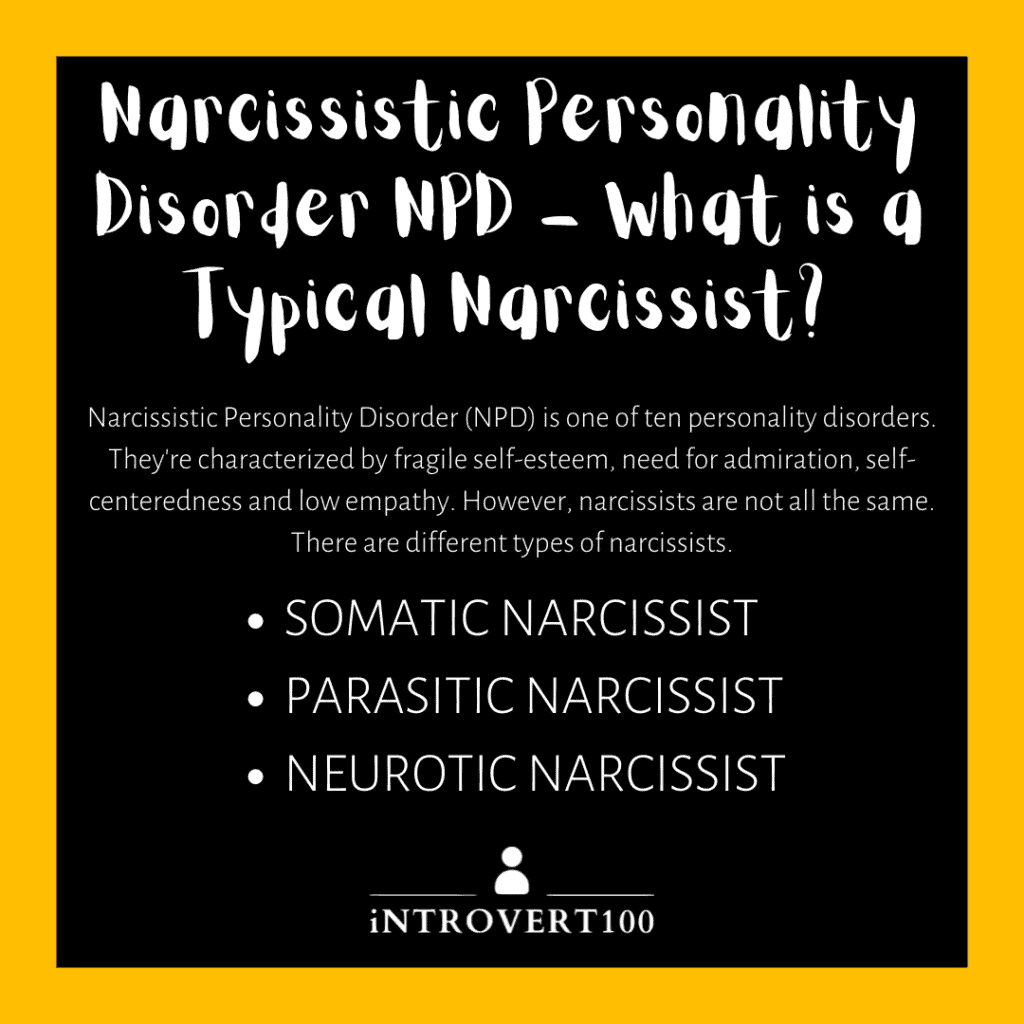
SOMATIC NARCISSIST
Somatic narcissism is a documented psychological disorder. This occurs when a person becomes obsessed with his or her beauty, sex appeal and personality. Basically, the outward features that make a person attractive are all they care about. The disorder usually involves more than the focus of outward appearance.
Signs of Somatic Narcissism:
- They obsess over food, weight, appearance and fitness
- They use sex for self-esteem
- Taking credit for your accomplishments
- They ignore other people’s needs
- They cannot stand criticism
- Gaslighting you
- They criticize people based on appearance
- They use their physical attractiveness and sexuality to exploit others
PARASITIC NARCISSIST
A Parasitic Narcissist is motivated by the desire to seek love. An empathetic person would want to help heal the wounded narcissist. As a result, the empath becomes the perfect person to the parasitic narcissist to feed off. He or She is being preoccupied with emotionally feeding off of others. This is to supply his or her egotistical needs. The narcissist uses tactics of control and manipulation in the relationship.
This is the type of person who refuses to get a decent job or to support him or herself. This type of person believes that you (and the world) owe them something. This kind of person is considered a toxic narcissist. The attraction to empaths is strong with narcissists. And like all narcissists, above all, will be highly prone to manipulation of an empath. As a result, gas lighting of their closest sources of narcissistic supply.
Signs you are dealing with a Parasitic Narcissist:
- Refuses to get a job and lives off others earnings
- They won’t help around the house with chores
- They take credit for doing household chores
- The spot light needs to be on them always
- They tend to sulk for days if they don’t get their way
- You find yourself giving in to their demands because you’re tired of dealing with them
- They show no concern over others feelings
- An over-the-top reaction of aggression if you question their behavior
- He or she has no qualms about suddenly ending the relationship and moving on
- You tend to feel drained in their presence
NEUROTIC NARCISSIST
Feeling anxious is a common human feeling. For example, that feeling of butterflies in your stomach before an important interview. Similarly, stressing over money is something I’m sure we’ve all felt as well. Or fret if your child is not home by curfew which is a normal part of being human.
But what if your extreme worry does not go away? Taking over your mind, these negative or obsessive thoughts become problematic. Consequently, it may lead to the point that it is hard for you to handle everyday situations. This is called neurotic behavior. Although it’s not always from a mental illness, but neurotic behavior can stem from one.
Sigmund Freud introduced the term narcissistic neurosis. He used it to differentiate the class of neuroses. Their lacking of object relations is how he characterized them. During early stages of libidinal narcissism, he observed their fixations. The term is scarce in contemporary psychoanalysis. But it is still a focus for analytic controversy.
Narcissistic neuroticism, which is a subtype of neuroticism, is proneness to be self-conscious. This also describes one who experiences strong negative emotions, in response to shame. As well as, tendency to react strongly to any feedback that is not flat-out praise or admiration.
Signs of a Neuroticism Narcissist to look for:
- Feelings of anxiety or irritability
- Poor emotional stability
- Feelings of self-doubt
- Feelings of being shy or self-conscious
- Sadness, depression or moodiness
- Easily upset or stressed, being unable to handle stress well
- Dramatic change in the way you feel when they are around you
- Having hard time bouncing back from adversity
- Always worrying about “everything”
- The tendency to play the victim even in neutral situations
- The tendency to make big issues out of small things
- They have difficulty controlling urges or emotions in the moment
- Easily becoming jealous or feeling envious of what others have
- Trouble with anger or frustration about everyday occurrences
- Feelings of guilt or fear over minor things
What Causes Narcissistic Personality Disorder NPD?
There is no definite explanation of how a person becomes a narcissist. When observing early puberty, we may find background issues that are common. “Usually, when a parent gave excessive pampering in childhood years or such individual was brought-up in a broken home; or having abandonment issues that forced them to rely only on themselves,” Vicelich says. “These people have substituted the lack of support and love from a parent by overemphasizing their own self-worth.” Marianne Vicelich is a self-love therapist. And a self-published author of 8 books including, “Free Yourself from the Narcissist“.
Can people with Narcissistic Personality Disorder NPD be treated?
In short, developing new coping skills is possible for someone with a narcissistic personality. They can decrease distress levels and improve relationships.
Above all, a clear understanding of what personality disorders are, is essential. It will help one to realize that it is not as simple as figuring out “how to stop being a narcissist.”
Many experts describe personality disorders as behavioral adaptions. To clarify, adapting to challenging situations can play a factor. For instance, situations like neglect and abuse. As a result, they begin developing certain traits and behaviors to protect themselves.
Some therapy approaches focuses on unlearning these behaviors while developing new coping mechanisms. It is possible to learn new behaviors and patterns of relating to others.
However, to do this, the person needs to be willing. Firstly, become aware of the role some of their behaviors play in the difficulties they face.
For a deeper insight, read our article “Overcoming Narcissism – Can you overcome Narcissistic Personality?”.
To sum up, someone who is yet to reach this awareness might is less likely. That is to say, chances are they will have a lower motivation to explore and address their symptoms.
However, the myth that therapy cannot help people with Narcissistic Personality Disorder NPD is false. This largely stems from the fact that many never actually seek such help as they might not be aware of the need for it.
Who do you know who suffers from Narcissistic Personality Disorder NPD? Let us know in the comments.
Latest Posts
Best Selling Products






